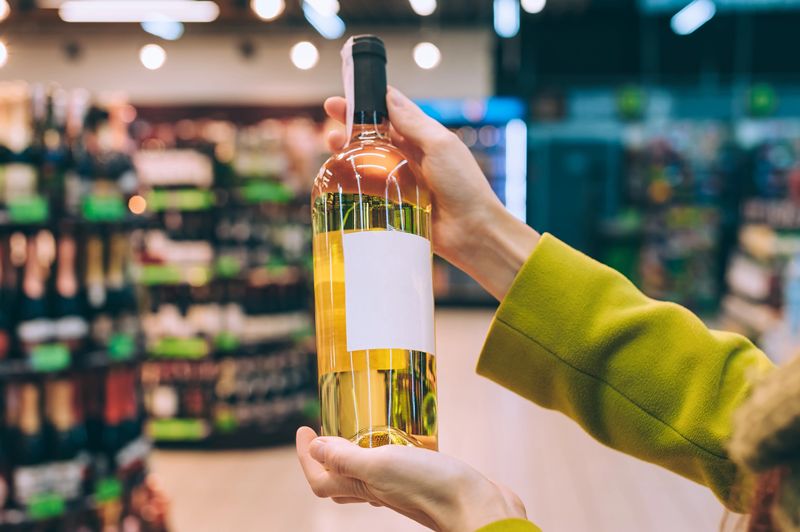German Wines Face Crisis as Domestic Bottles Make Up Just 40% of Consumption
Ministers seek regulatory reforms and stronger marketing to revive struggling industry amid rising costs and global competition
2025-11-19

In Eltville, a small town in the German wine region of Rheingau, ministers from eight German states gathered this week at the historic Eberbach Monastery to discuss the future of German wine production. The meeting comes at a time when the country’s wine industry faces significant challenges. Rising production costs, declining domestic consumption, and increasing competition from international producers have put pressure on German winemakers.
The main goal of the meeting was to find ways to strengthen the legal and economic framework for German wine. One of the key topics was reforming wine regulations. Ministers discussed making wine labeling clearer and easier for consumers to understand, which could help improve marketing and sales. They also addressed the need to reduce bureaucracy. Current rules require strict definitions for wines to carry certain designations, which many producers find burdensome. The ministers suggested that individual wine regions should have more control over defining the unique characteristics of their wines.
Another important issue was giving wineries more responsibility for their own marketing and quality controls. The ministers said that both federal and state governments need to support this shift by developing sustainable funding models. They also called on the federal government to advocate at the European Union level for a temporary halt on approving new vineyard areas in certain regions, hoping this would help stabilize the market.
Hesse’s Minister for Winegrowing, Ingmar Jung, emphasized the importance of making German wine more visible both at home and abroad. Currently, only four out of ten bottles of wine consumed in Germany are produced domestically. Improving marketing efforts could not only benefit local winemakers but also support rural landscapes and boost tourism in wine regions.
The ministers aim to develop clear policy guidelines for the future of German wine production. They also want to create a dedicated platform for ongoing discussions about wine policy, separate from broader agricultural conferences. The meeting reflects growing concern among policymakers about the future of an industry that is both economically important and deeply rooted in German culture.
Founded in 2007, Vinetur® is a registered trademark of VGSC S.L. with a long history in the wine industry.
VGSC, S.L. with VAT number B70255591 is a spanish company legally registered in the Commercial Register of the city of Santiago de Compostela, with registration number: Bulletin 181, Reference 356049 in Volume 13, Page 107, Section 6, Sheet 45028, Entry 2.
Email: [email protected]
Headquarters and offices located in Vilagarcia de Arousa, Spain.